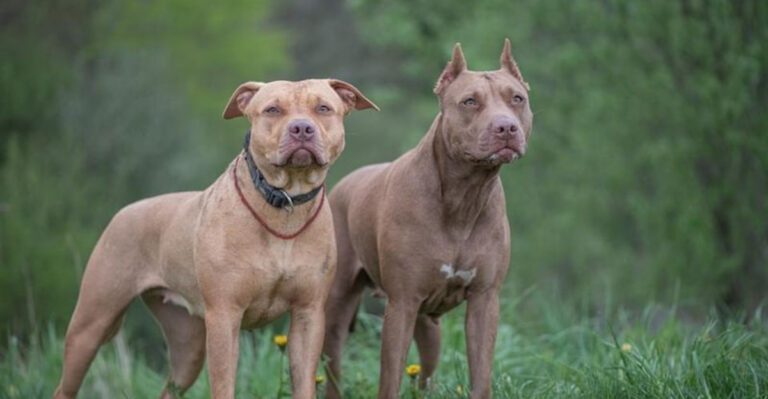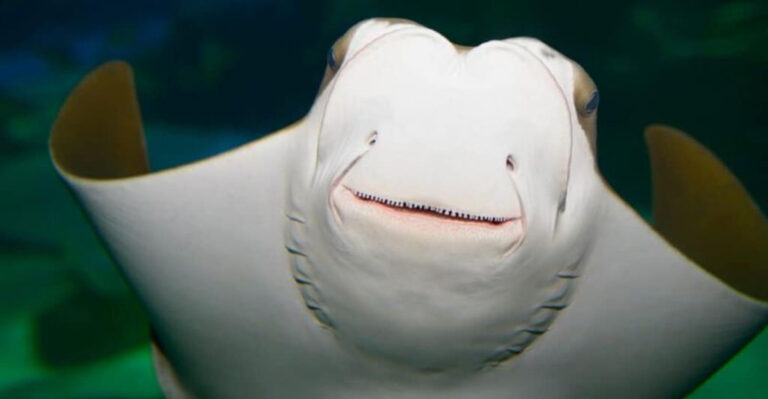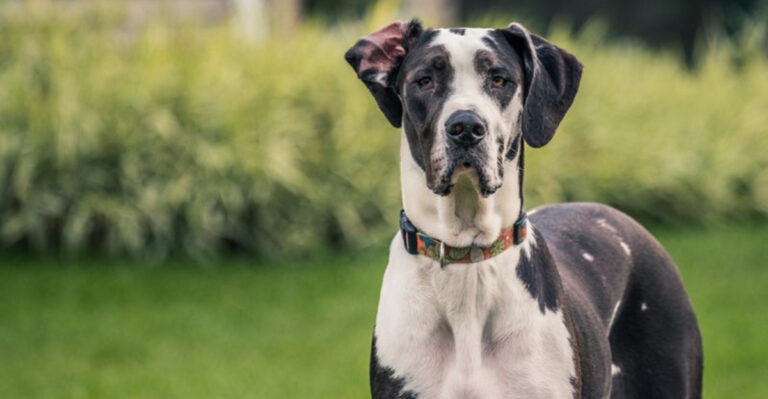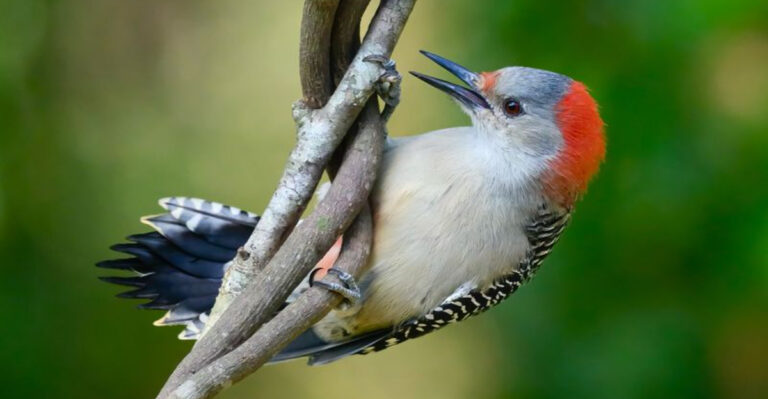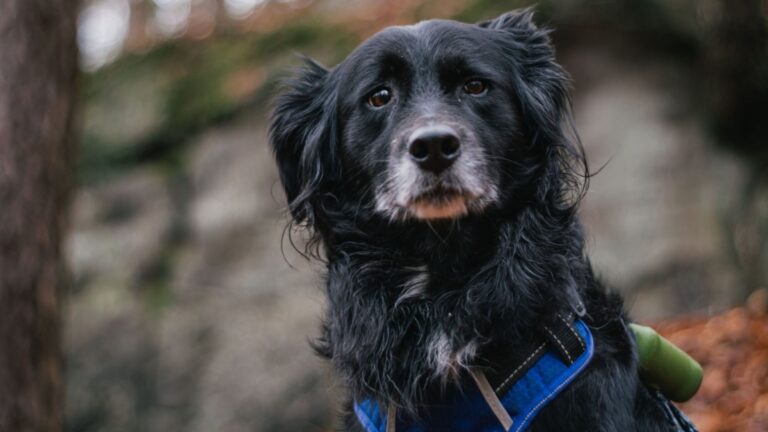9 Dog Breeds First-Time Owners Should Avoid
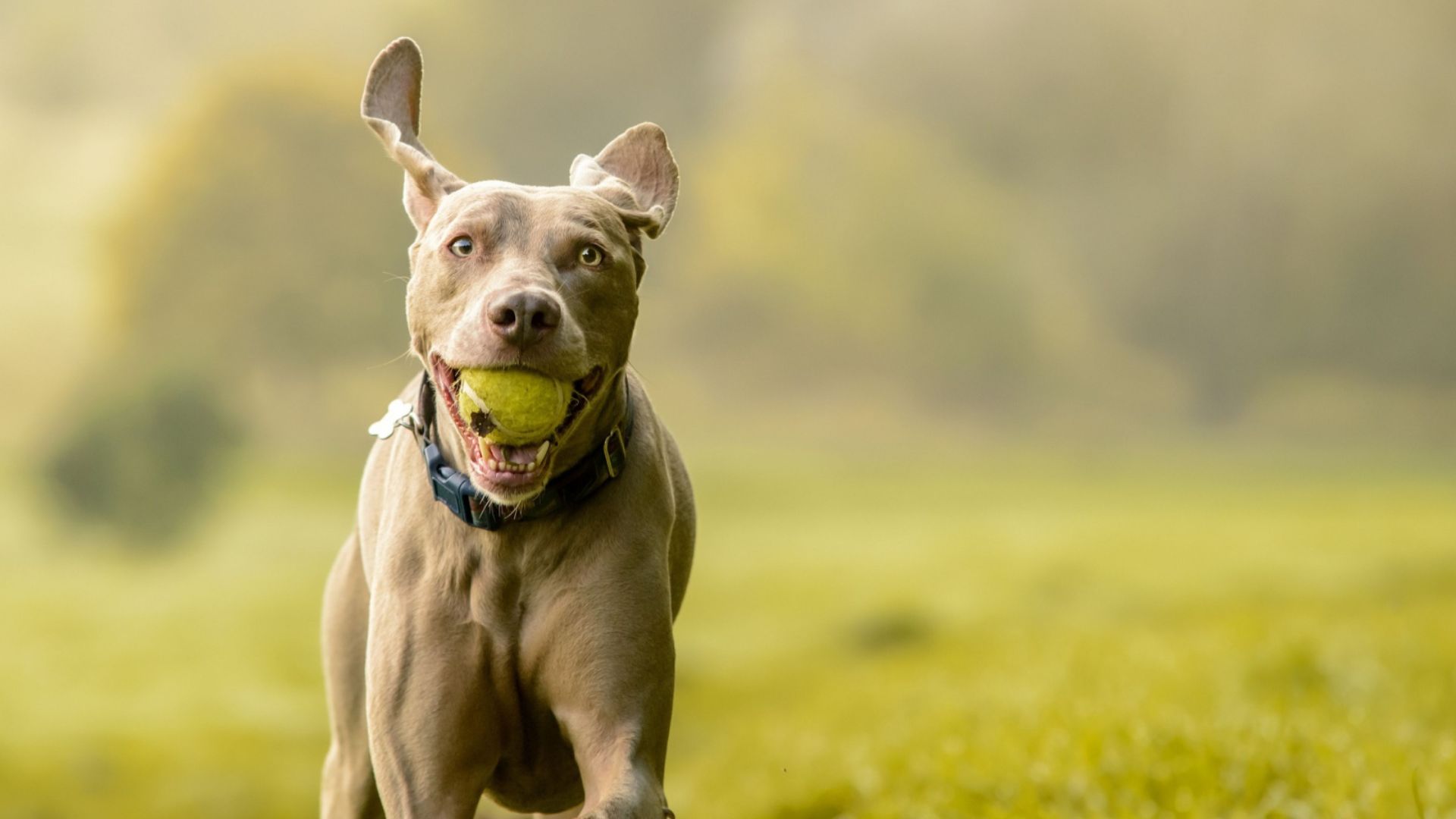
Adopting a dog is a rewarding and fun experience, but some breeds might be more than a first-time owner can handle. Some dogs come with all kinds of unique challenges.
But don’t misunderstand!
These breeds are amazing in the right hands! They just need owners who are ready to meet their unique demands. If you’re on the hunt for your first pup, it’s worth knowing which breeds might be a bit too much to handle. Stick around, and find out!
1. Jack Russel Terrier
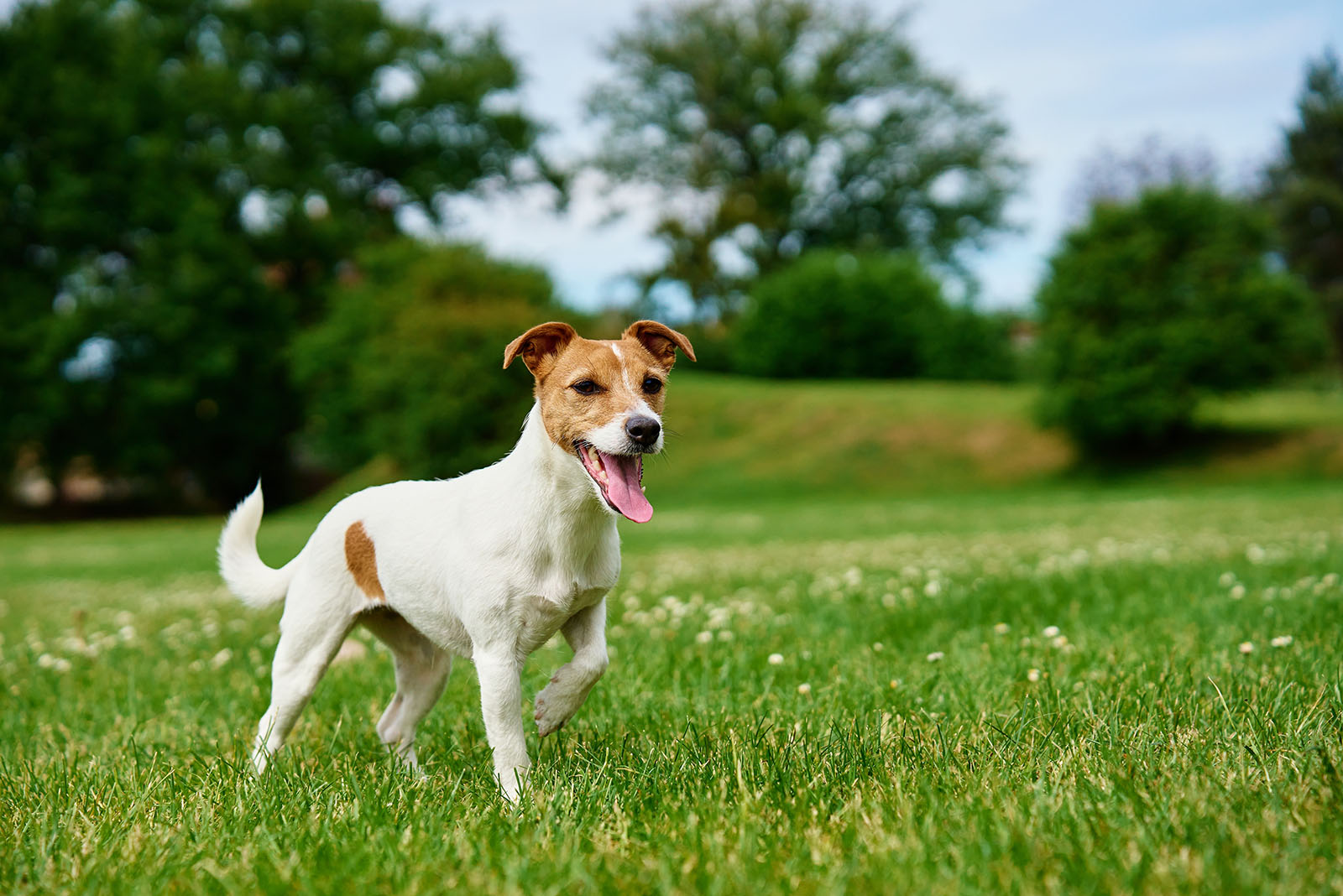
Credit: Shutterstock
Jack Russels are small but mighty creatures! They’re like tiny rockets with boundless energy and unmatched determination.
They may be pocket-sized, but trust me: they demand loads of physical and mental exercise! Forget to meet their needs, and your sofa might meet its doom! Are you ready for the commitment?
2. Dalmatian
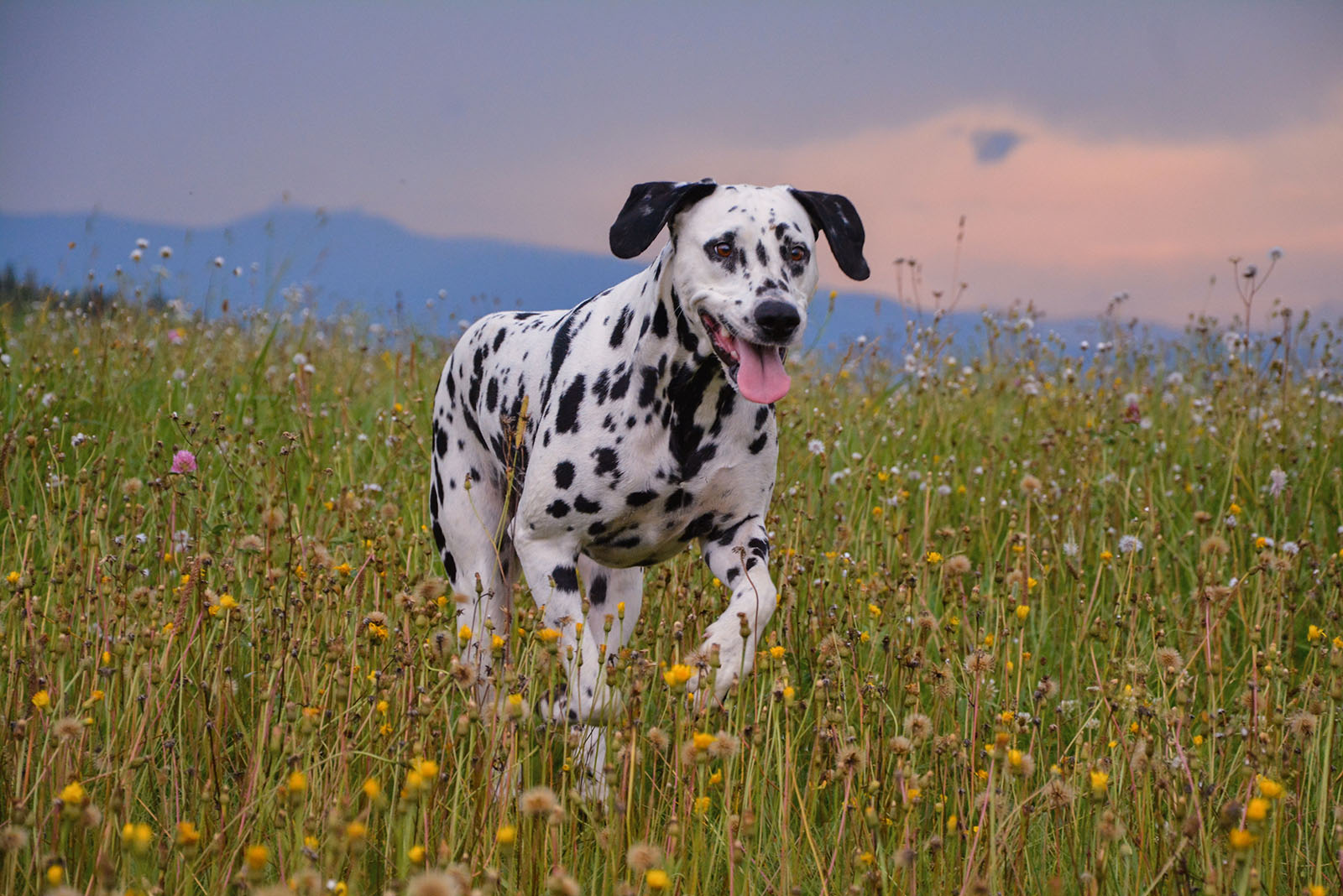
Credit: Shutterstock
They say having one Dalmatian is like having 101 of them. We all know them for their spotted coats, but do we know them for the amount of energy they take?
Well, the short answer is: a lot. They need to be on the run! And if jogging isn’t your thing, a Dalmatian might leave you in the dust. Or they will be left bored, and mischievous.
3. Chow Chow
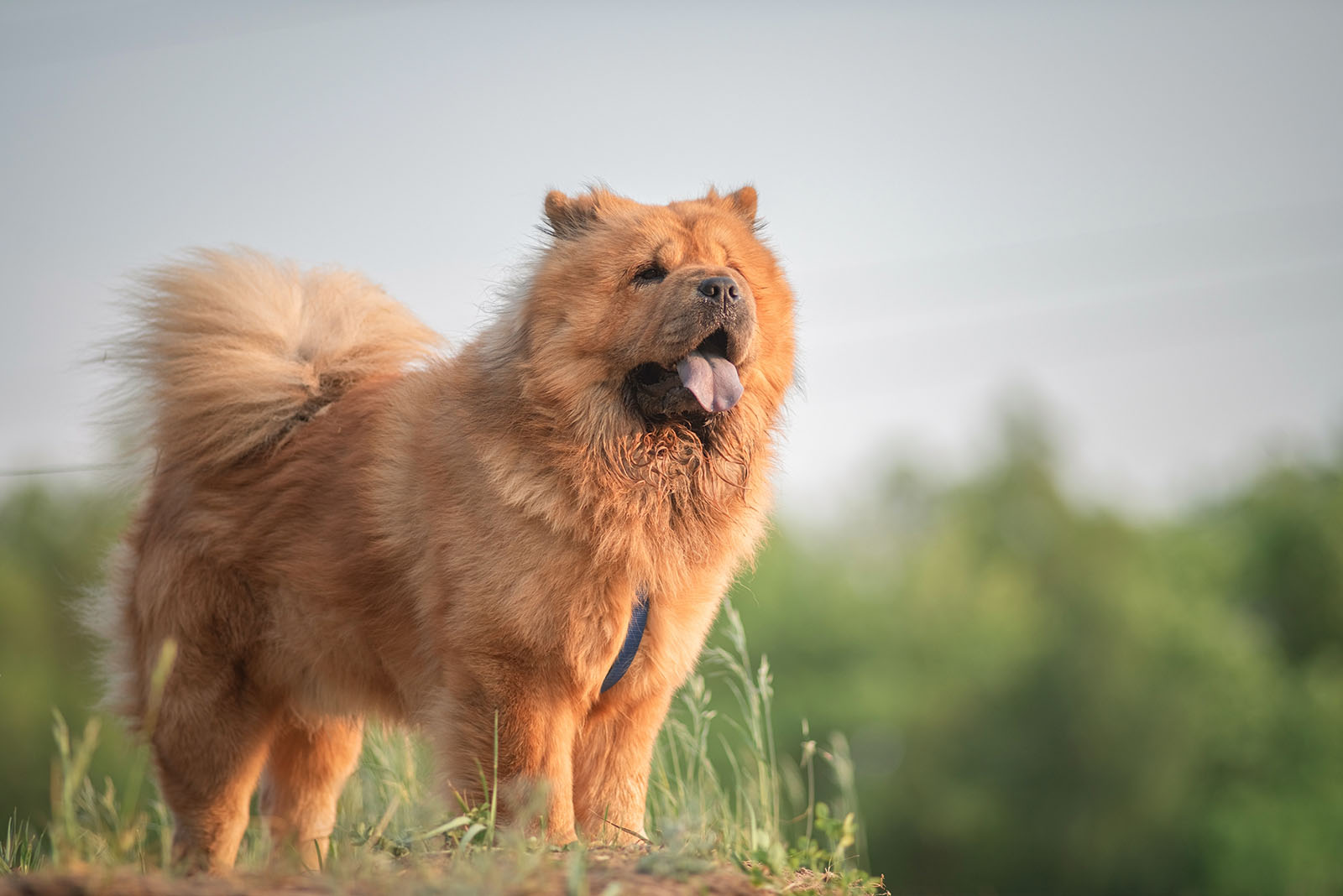
Credit: Shutterstock
These fluffy lions have blue tongues as if they just licked a batch of lollipops! Undeniably adorable, I know! But don’t let the cuteness fool you!
Chow Chows are incredibly independent and aloof dogs. So if you’re looking for a cuddle compadre, you might be disappointed! Instead, they love to play on their own, all while making a hairy mess of your living room!
4. Weimaraner
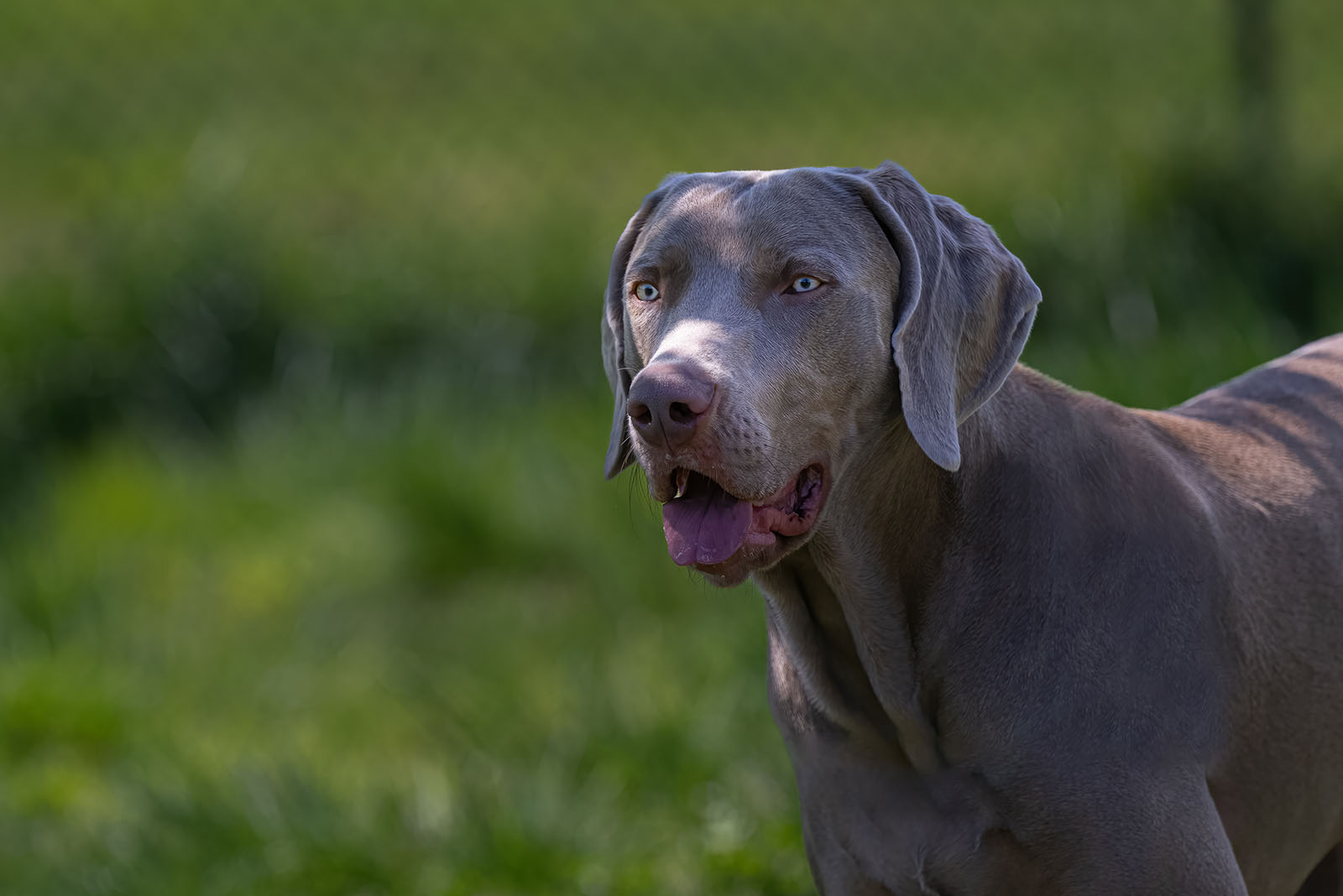
Credit: Shutterstock
For a dog that’s ominously nicknamed ‘the grey ghost’, these dogs have a lot of energy. And I mean, a lot. Even the most experienced of owners get tuckered out!
Weimaraners thrive on adventure, and they need an incredible amount of mental and physical stimulation. If their needs aren’t met, they may spook you with mischief!
5. Siberian Husky
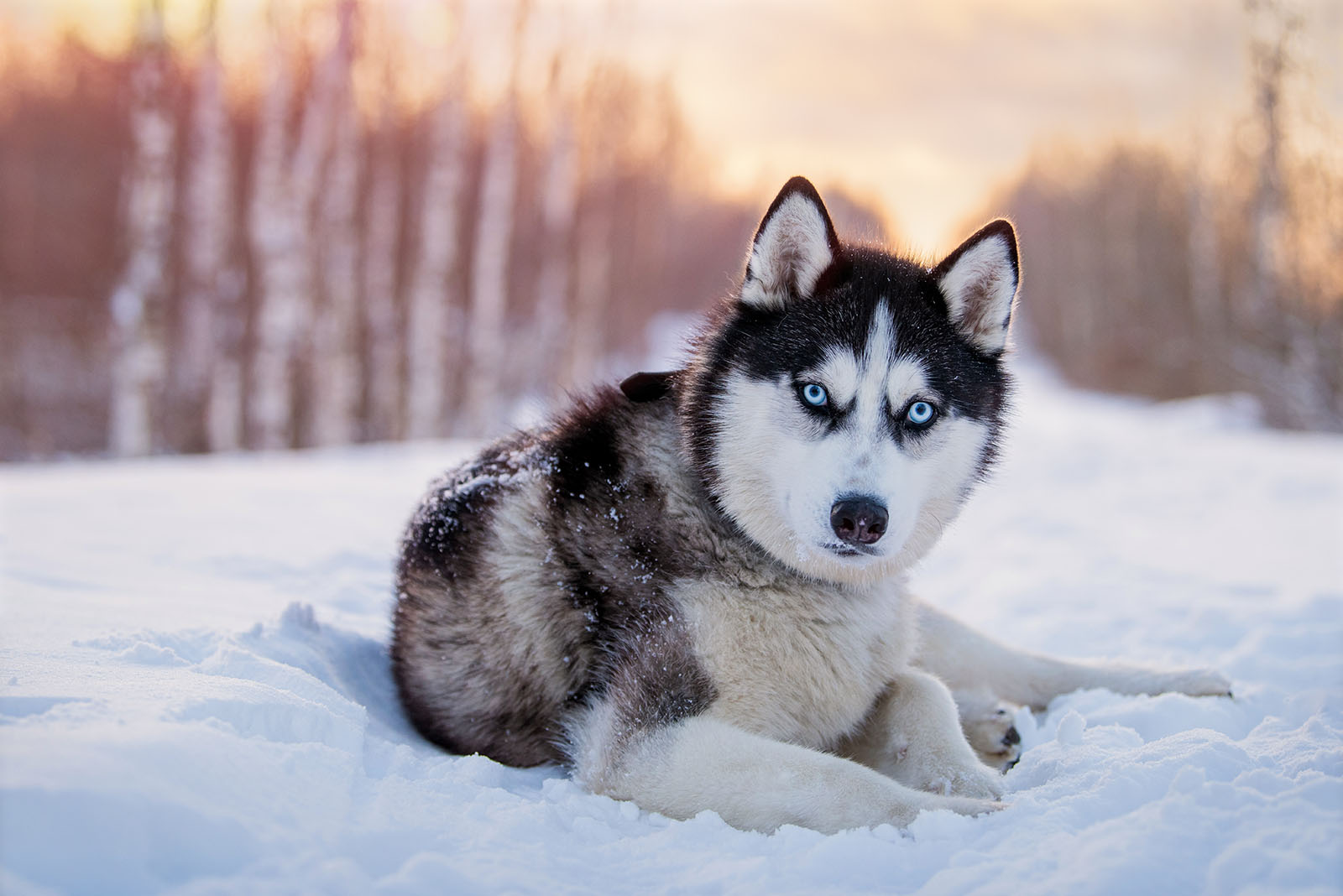
Credit: Shutterstock
Wolf-like, majestic, blue-eyes. The dream of many first-time dog owners! Huskies are showstoppers but come with a hefty energy bill.
Besides being very loud musicians, Huskies were bred for pulling sleds across icy tundras. So don’t expect them to laze around. They need to run, run, howl, run, and howl some more.
6. Alaskan Malamute
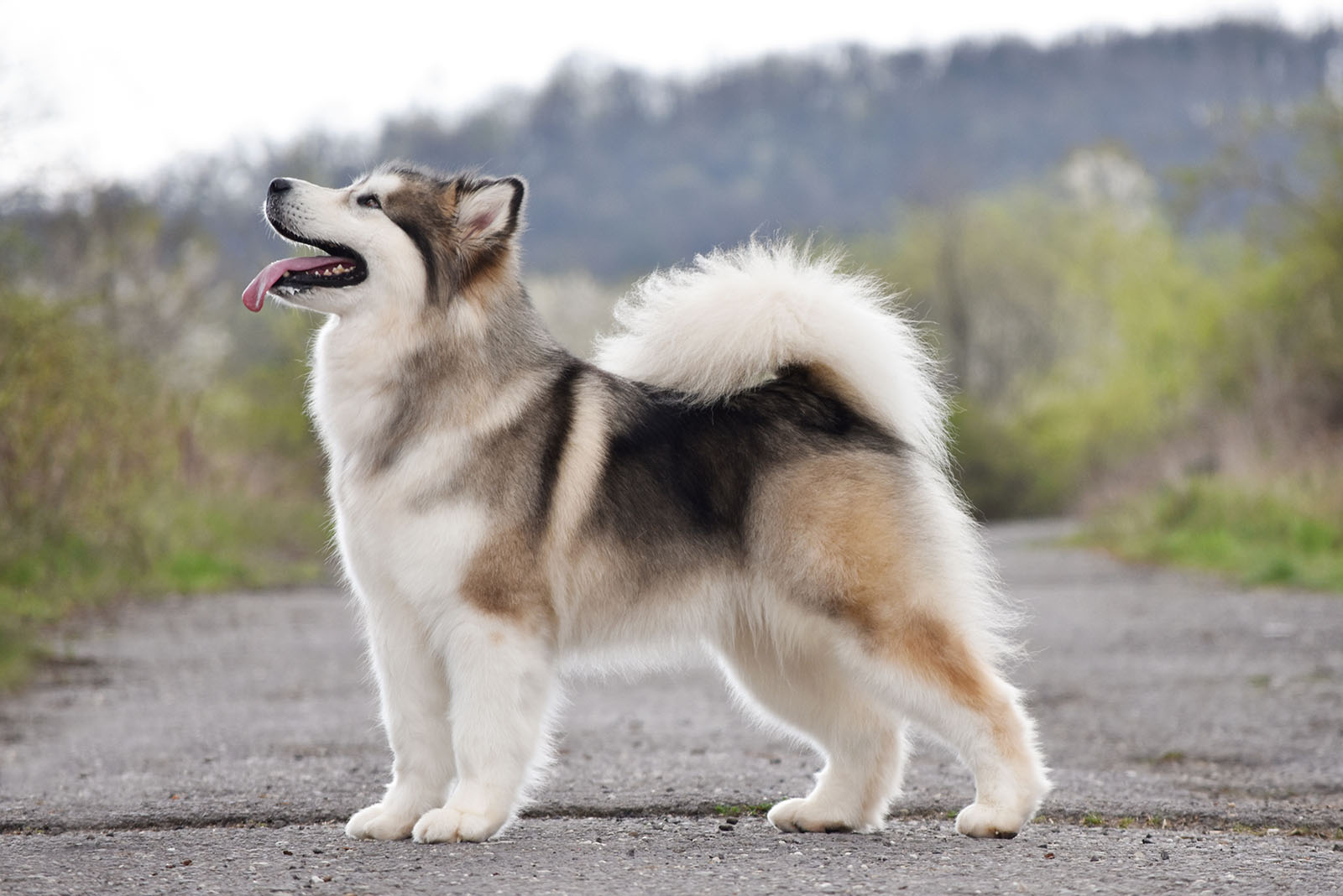
Credit: Shutterstock
The ‘Mala not so mute’ is like a Husky, but louder, hairier, and bigger. They’re both bred to do heavy work, and they both will shower you with love.
But Malamutes need even more exercise and mental stimulation than a Husky does!
Without proper outlets, Malamutes can become a handful. That is why they’re ideal for experienced owners who love the outdoors! These wolfies love those who howl along!
7. Akita
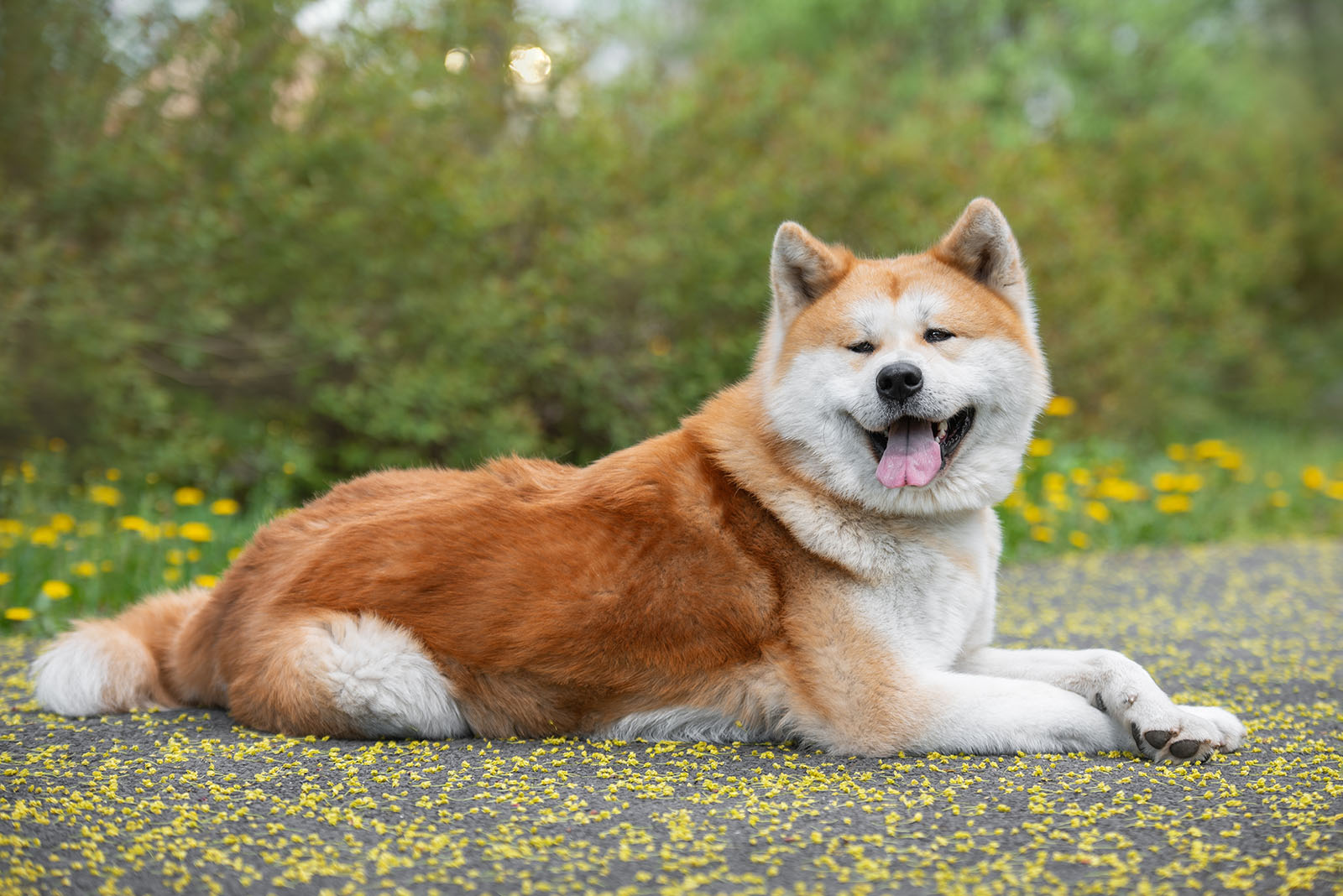
Credit: Shutterstock
Standing at the top of this list, the Akita symbolizes loyalty and strength. But for first-time owners? They will symbolize assertiveness and independence that will make you feel clingy for giving them a bowl of water!
The assertive Akita requires a confident owner who knows how to establish boundaries! Without proper training, you might find yourself sitting instead of them!
8. Doberman
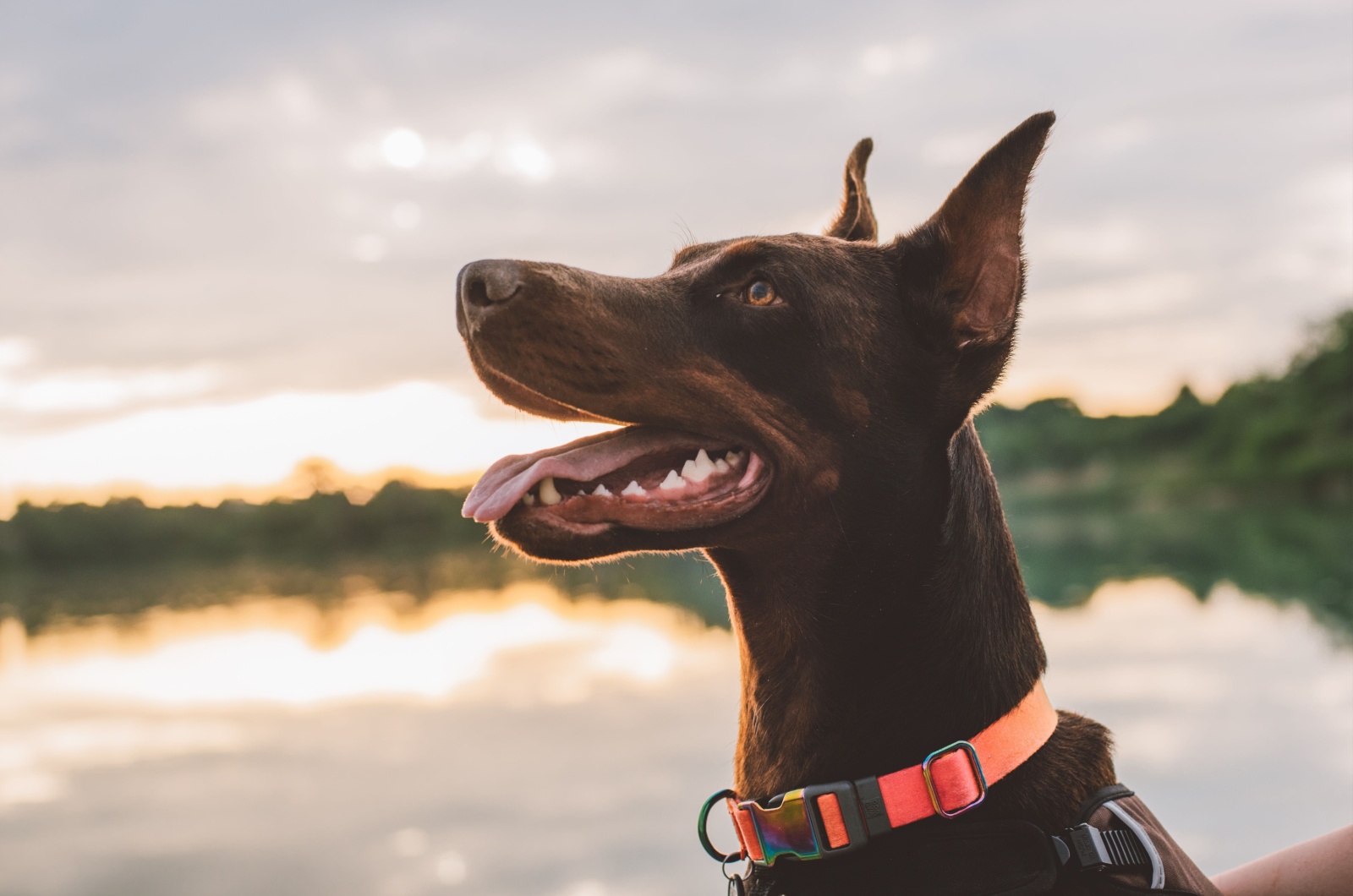
Credit: Shutterstock
Doberman Pinschers are elegant and athletic dogs, but their intelligence and energy levels make them a handful for first-time owners.
These dogs are fiercely loyal and protective, often forming strong bonds with their families.
However, their guarding instincts can lead to overprotective or aggressive behavior if they’re not socialized properly from a young age. Dobermans thrive on mental and physical stimulation; without it, they may develop destructive habits or become frustrated.
9. Dachshund

Credit: Shutterstock
Don’t let their small size fool you—Dachshunds come with a big personality packed into their long, low-to-the-ground frame.
These dogs are independent thinkers, which often translates to stubbornness during training. They have a natural prey drive due to their history as hunting dogs bred to dig out badgers, which can lead to chasing small animals and an overzealous attitude towards other pets.
Their strong will requires patience and consistent training, making them a challenging choice for first-time owners. Dachshunds are also prone to barking, which can become excessive if not properly managed.


